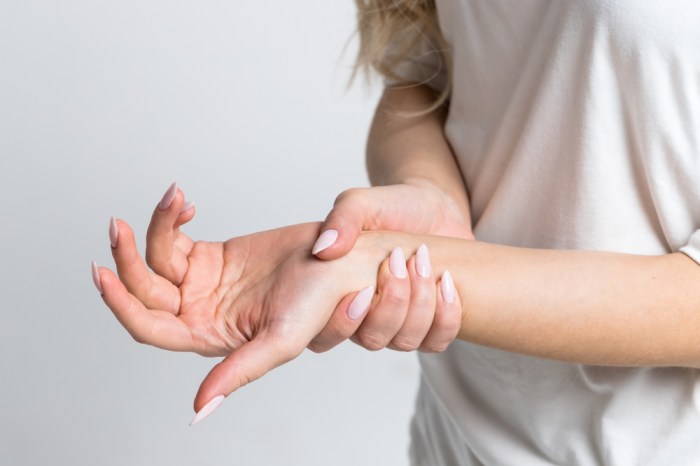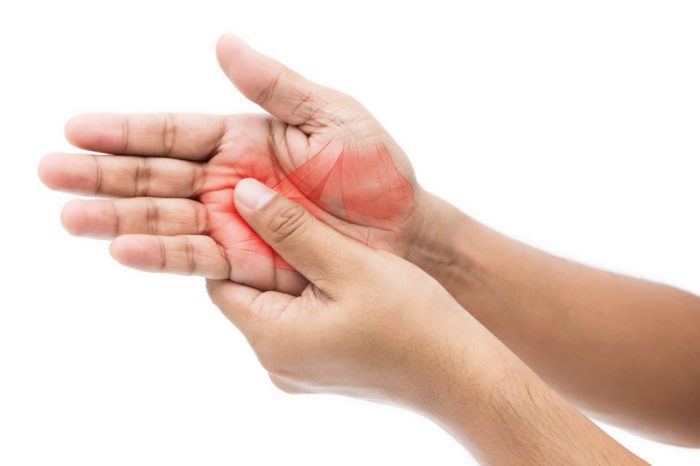Loss of bodily sensation crossword clue – Introducing the intricate world of sensory loss, “Loss of Bodily Sensation: A Comprehensive Guide to Causes, Symptoms, and Treatment” delves into the multifaceted aspects of this condition, exploring its medical underpinnings, clinical manifestations, and therapeutic interventions.
Sensory loss, a disruption in the body’s ability to perceive sensations, can stem from a myriad of medical conditions, ranging from neurological disorders to physical injuries. This guide unravels the underlying mechanisms and symptoms associated with these conditions, providing a deeper understanding of their impact on the nervous system.
Loss of Bodily Sensation: Loss Of Bodily Sensation Crossword Clue

Loss of bodily sensation, also known as sensory loss, is a condition where individuals lose the ability to feel certain sensations in their body. It can affect various parts of the body, including the skin, muscles, and joints. Sensory loss can be temporary or permanent, and it can range from mild to severe.The
loss of bodily sensation can be caused by a variety of factors, including medical conditions, injuries, and certain medications. In some cases, sensory loss can be a sign of a serious underlying medical condition, such as a stroke or multiple sclerosis.
Medical Causes of Bodily Sensation Loss, Loss of bodily sensation crossword clue
There are various medical conditions that can lead to loss of bodily sensation. These include:
- Neurological disorders:These disorders affect the brain, spinal cord, and nerves, which are responsible for transmitting sensory information to the body. Examples include stroke, multiple sclerosis, and Parkinson’s disease.
- Injuries:Trauma to the nerves or spinal cord can cause sensory loss in the affected areas. This can occur due to accidents, falls, or surgical procedures.
- Medications:Certain medications, such as chemotherapy drugs and some antibiotics, can have side effects that include sensory loss.
- Diabetes:High blood sugar levels over time can damage the nerves, leading to sensory loss, particularly in the feet and legs.
- Vitamin B12 deficiency:This deficiency can cause damage to the nerves, resulting in sensory loss, numbness, and tingling.
Symptoms and Assessment of Bodily Sensation Loss
The symptoms of bodily sensation loss can vary depending on the underlying cause and the severity of the condition. Common symptoms include:
- Numbness:A loss of sensation in a particular area of the body.
- Tingling:A prickling or burning sensation in the skin.
- Pain:Sharp or aching pain in the affected area.
- Difficulty with balance and coordination:Sensory loss in the feet or legs can affect balance and coordination.
- Difficulty with fine motor skills:Sensory loss in the hands can make it difficult to perform fine motor tasks, such as writing or buttoning a shirt.
Doctors assess sensory loss through a physical exam and a detailed medical history. They will test the patient’s sensation in different areas of the body using various techniques, such as pinpricks, temperature changes, and vibration. Diagnostic tests, such as nerve conduction studies and electromyography, may be ordered to further evaluate the underlying cause of the sensory loss.
Detailed FAQs
What are the common causes of loss of bodily sensation?
Loss of bodily sensation can result from various medical conditions, including neurological disorders (e.g., stroke, multiple sclerosis), physical injuries (e.g., nerve damage, spinal cord injury), and metabolic disturbances (e.g., diabetes).
How is loss of bodily sensation diagnosed?
Diagnosis involves a thorough medical history, physical examination, and diagnostic tests such as nerve conduction studies and electromyography to assess nerve function.
What treatment options are available for loss of bodily sensation?
Treatment depends on the underlying cause and may include medications, physical therapy, surgical interventions, and assistive devices to improve daily functioning.

